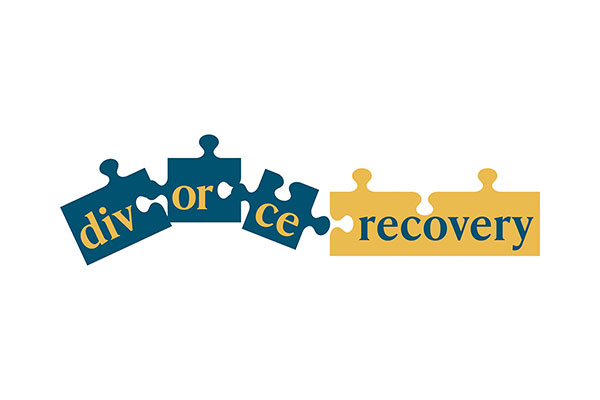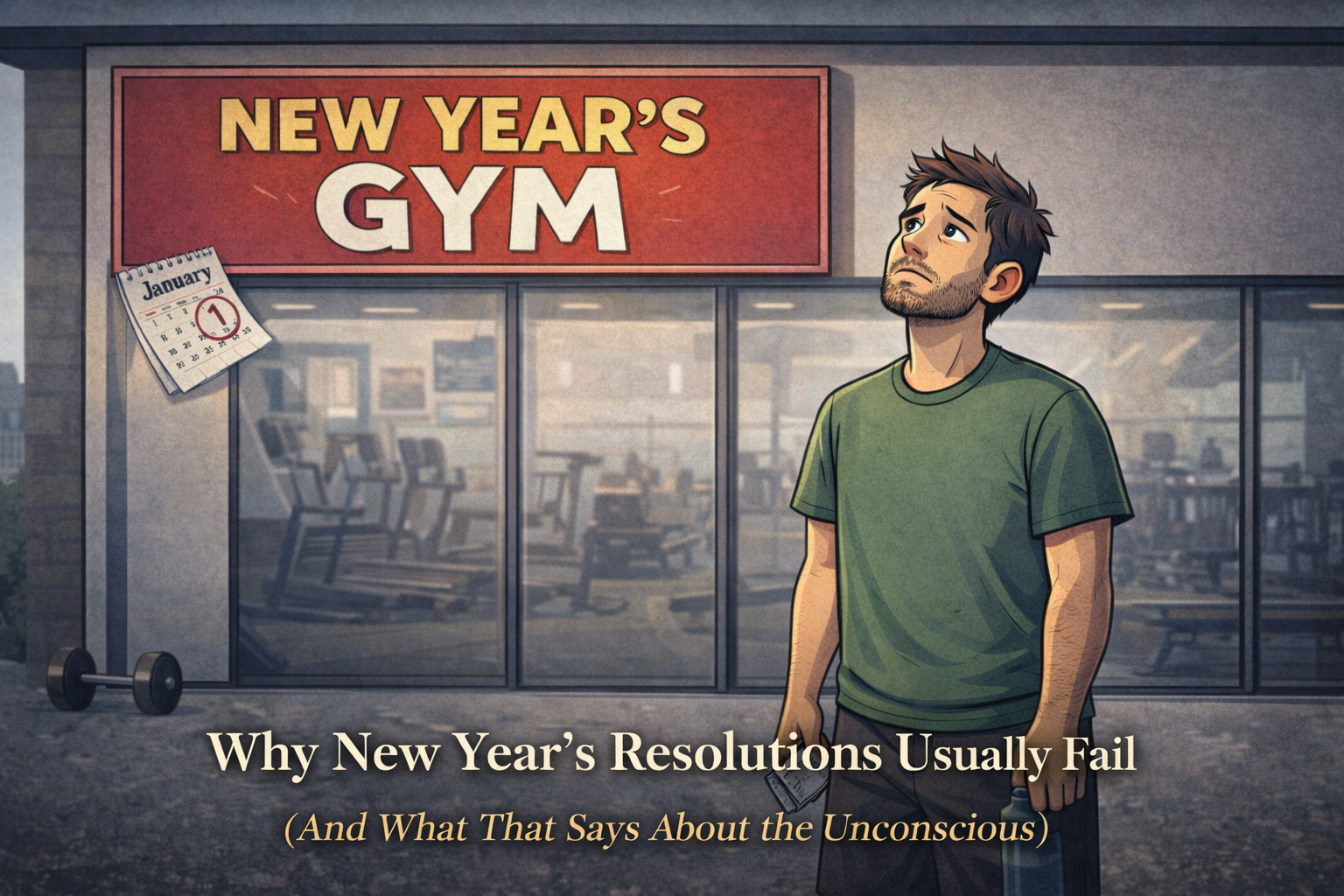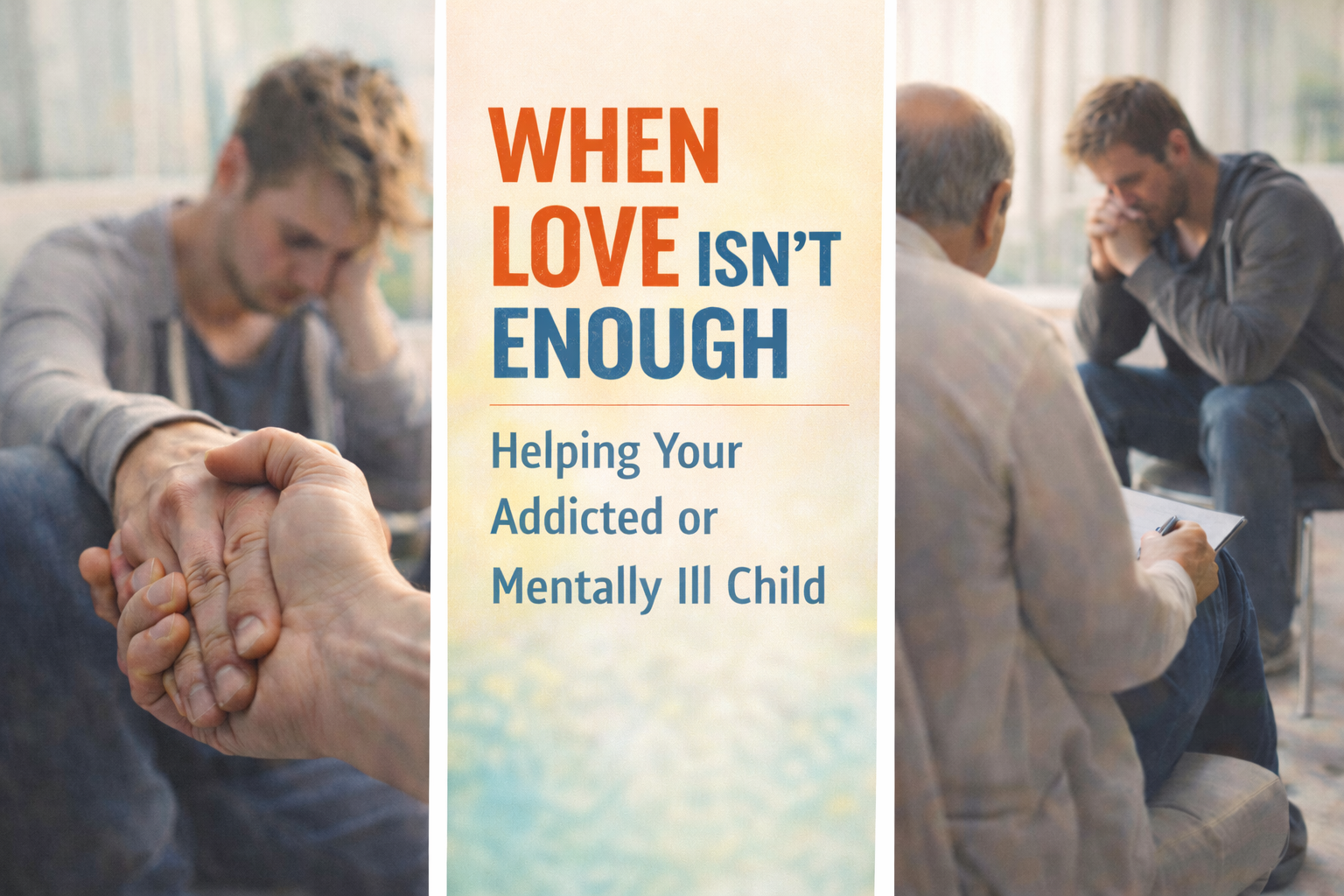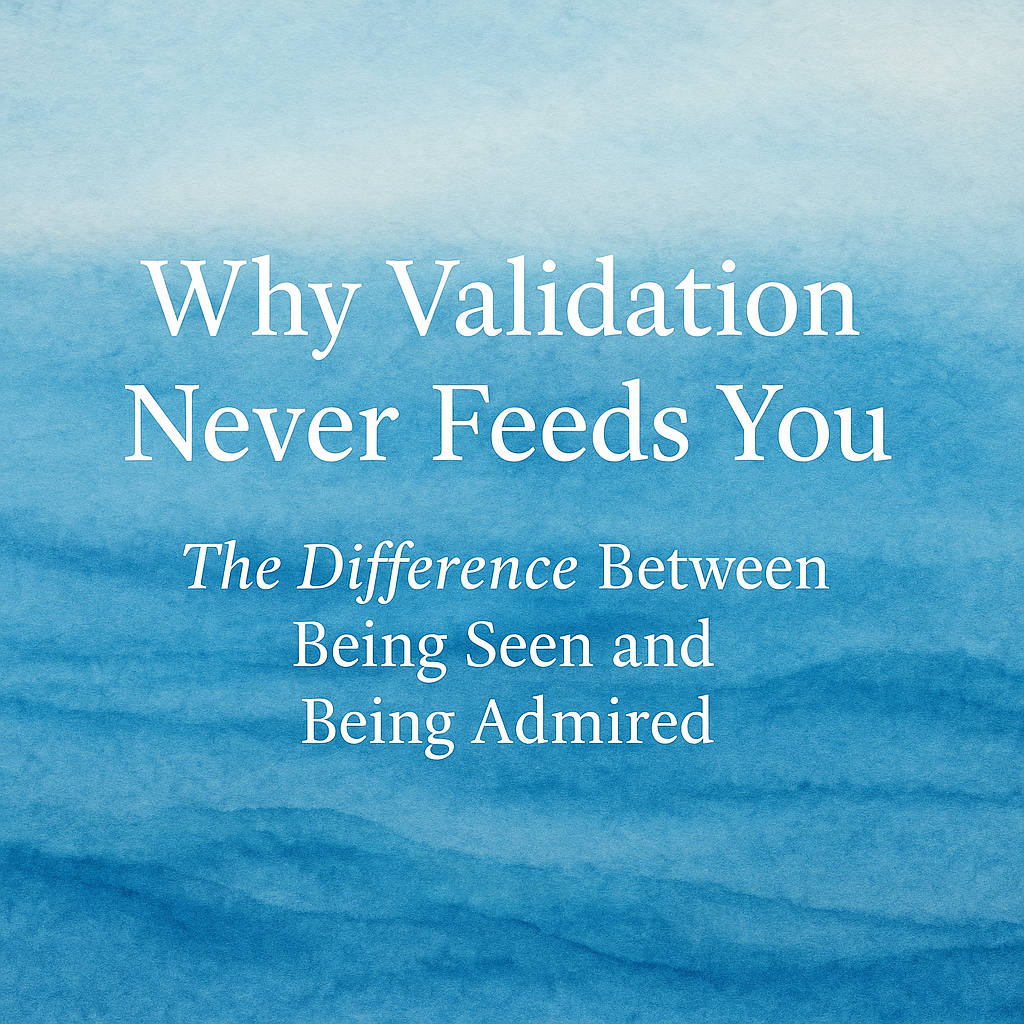By Mitch Keil, Psychodynamic Psychologist
Divorce marks the end of a significant chapter in one’s life, and like any ending, it brings with it a mix of grief, confusion, relief, longing, and vulnerabilityVulnerability refers to the willingness to expose one’s feelings, thoughts, and experiences in a g.... While the legal process might conclude with a signature, the emotional and psychological journey of divorce unfolds much more slowly. For those of us grounded in psychodynamic thinking, this period is not just about coping—it’s about understanding.
More Than the End of a Marriage
Divorce is not just the dissolution of a legal contract; it’s the collapse of a shared narrative. It may feel like the undoing of an identity that was built in tandem with another person. Our unconscious mindThe Unconscious Mind refers to the part of the mind that contains thoughts, memories, and feelings t..., shaped by early attachment experiences, often responds to relationship endings with intensity that goes far beyond the present-day facts.
This is because romantic relationships tap into deep layers of our psychological world. They awaken old relational templates—our core beliefsCore beliefs are deeply held views about oneself, others, and the world. In CBT, negative core belie... about love, safety, abandonment, and worthiness. When a marriage ends, it’s not just this partner who is lost—it’s the hope, the fantasy, and the internal sense of security we believed they could provide.
Healing Means Looking Inward
From a psychodynamic lens, healing from divorce isn’t about “moving on” quickly or suppressing the pain. It’s about making meaning of what happened—not just externally, but internally. It’s about becoming curious:
· What drew me to this person in the first place?
· What need was I hoping this relationship would fulfill?
· What patterns did we re-enact together that may have deeper roots?
· How did I protect myself emotionally in this relationship—and did those defenses help or hinder intimacy?
These questions are not about blame or overanalysis. They are the soil from which self-understandingSelf-Understanding refers to the awareness and insight clients gain about their own thoughts, feelin... grows. Through this reflective process, we gain access to unconscious patterns that may have shaped our relational dynamicsRelational Dynamics refers to the patterns of interaction and emotional responses that occur within .... This is the work that allows real change—not just in how we relate to others, but in how we relate to ourselves.
The Grief Beneath the Surface
One of the most painful aspects of divorce is the loss of an imagined future. We mourn not just the relationship that was, but the one we hoped it would become. This anticipatory grief can stir up old wounds—perhaps early experiences of separation, rejection, or feelings of being unseen.
Psychodynamic therapy honors this grief without rushing it. It creates a safe spaceA Safe Space in therapy is an environment where individuals feel secure, accepted, and free from jud... where the unspoken losses—both past and present—can be felt, named, and metabolized. In doing so, it
helps individuals reclaim parts of themselves that may have been buried in the service of the relationship.
Reclaiming Dignity Through Self-CompassionSelf-compassion is the practice of treating oneself with kindness and understanding during difficult...
There is a quiet kind of dignity that emerges when we allow ourselves to be vulnerable without judgment. Many people going through divorce struggle with shame—feeling like a failure, or believing they are “too much” or “not enough.” These self-beliefs often echo early experiences and internalized voices from childhood.
Psychodynamic work helps separate the voice of the past from the truth of the present. It supports clients in recognizing that their worth is not contingent on a relationship’s success or failure. In fact, dignity is reclaimed when we face rupture with emotional honesty, self-compassion, and an openness to grow.
Divorce as a Portal to Self-Rediscovery
While painful, divorce can also be an invitation. When we are no longer contorting ourselves to sustain a relationship, we have an opportunity to rediscover who we are—perhaps for the first time in years. Many clients describe a quiet, unexpected sense of freedom as they reconnect with long-forgotten parts of themselves.
They begin to ask:
· What do I want now?
· Who am I when I’m not being someone’s partner?
· What do I want to carry forward—and what am I finally ready to leave behind?
These questions are sacred. They signal the beginning of a deeper integration. And with support, they can lead to a new relationship—one with the self—that is more honest, whole, and grounded than before.
A Final Word
Divorce can shake us to our core—but it also has the potential to awaken us. With the right support, it can become less about loss and more about reclaiming voice, boundariesBoundaries in group therapy are the limits established to maintain a safe and respectful environment..., and truth. If you’re navigating the aftermath of a relationship ending, know this: healing is not linear, and there is no single “right way” to move forward. But dignity is found not in perfection—it is found in the willingness to face our experience with curiosity, courage, and care.





